Best movies like 1945 - Als die Franzosen Deutschland besetzten
A unique, carefully handpicked, selection of the best movies like 1945 - Als die Franzosen Deutschland besetzten Starring Frédéric Baehr, Jean-Paul Bailliard, Henry Becker, Jean-Mathieu Boris, and more. If you liked 1945 - Als die Franzosen Deutschland besetzten then you may also like: The Four Horsemen of the Apocalypse, Vive la France!, Odette, Orders to Kill, Johnny Kapahala: Back on Board and many more popular movies featured on this list. You can further filter the list even more or get a random selection from the list of similar movies, to make your selection even easier.
The war of 1870/71 with the subsequent annexation of Alsace and parts of Lorraine, the First and Second World Wars and the German occupation of France testify to the difficult relationship between the French and the Germans.
You may filter the list of movies on this page for a more refined, personalized selection of movies.
Still not sure what to watch click the recommend buttun below to get a movie recommendation selected from all the movies on this list
Vive la France!
A couple's suffering finally comes to an end when Jean, having lost his memory through shell shock, sees the cross of shame on Jenevieve's breast, gets his memory back and the two pledge their troth.
Odette
The film is based on the true story of Special Operations Executive French-born agent Odette Sansom, who was captured by the Germans in 1943, condemned to death and sent to Ravensbrück concentration camp to be executed. However, against all odds she survived the war and testified against the prison guards at the Hamburg Ravensbrück Trials. She was awarded the George Cross in 1946; the first woman ever to receive the award, and the only woman who has been awarded it while still alive. (From Wikipedia, licensed under CC-BY-SA)
Orders to Kill
A grounded American fighter pilot is switched to espionage on a special job in which he must kill a small-time Paris lawyer suspected of double-crossing France by selling out radio operators to the Nazis.
Johnny Kapahala: Back on Board
Johnny Kapahala, a teen snowboarding champion from Vermont, returns to Oahu, Hawaii, for the wedding of his hero -- his grandfather, local surf legend Johnny Tsunami -- and to catch a few famous Kauai waves. When Johnny arrives, he meets his new family including "Uncle Chris" (the 12-year-old son of his new step-grandmother) who resents the upcoming marriage. Chris's only interest is to join a mountain boarding crew led by a teenage bully. When Johnny's grandfather and his new wife open a surf shop that also caters to mountain boarders, they are soon embroiled in a turf war with a rival shop owner who wants to shut their business down.
The Kaiser's Shadow
French scientists are developing a secret weapon, a gun that uses the mysterious powers of X-ray and ultra violet rays, called a "Ray Rifle." Miss Dalton played the girl that would protect it from German spies.
Au Pair II
A father and the former nanny to his children prepare a merger between his company and a European conglomerate.
Black Fox: The Rise and Fall of Adolf Hitler
The rise and fall of Nazi Germany in part through the use of classical allegory.
Charlotte
The true story of Charlotte Salomon, a young German-Jewish painter who comes of age in Berlin on the eve of the Second World War. Fiercely imaginative and deeply gifted, she dreams of becoming an artist. Her first love applauds her talent, which emboldens her resolve. When anti-Semitic policies inspire violent mobs, she escapes to the safety of the South of France. There she begins to paint again, and finds new love. But her work is interrupted, this time by a family tragedy that reveals an even darker secret. Believing that only an extraordinary act will save her, she embarks on the monumental adventure of painting her life story.
White Bird
Julian Albans, the bully who left Beecher Prep, is visited by his Grandmère from Paris and is transformed by her remarkable story of compassion and courage. As a girl in Nazi-occupied France, the young Grandmère goes into hiding with the help of a schoolmate, a young man who risks everything to give her the chance to survive. Together, they find beauty and love in the secret world of their own creation.
Suite Française
France, 1940. In the first days of occupation, beautiful Lucile Angellier is trapped in a stifled existence with her controlling mother-in-law as they both await news of her husband: a prisoner of war. Parisian refugees start to pour into their small town, soon followed by a regiment of German soldiers who take up residence in the villagers' own homes. Lucile initially tries to ignore Bruno von Falk, the handsome and refined German officer staying with them. But soon, a powerful love draws them together and leads them into the tragedy of war.
Lacombe, Lucien
In Louis Malle's lauded drama, Lucien Lacombe is a young man living in rural France during World War II who seeks to join the French Resistance. When he is rejected due to his youth, the resentful Lucien allies himself with the Nazis and joins the Gallic arm of their Gestapo. Lucien grows to enjoy the power that comes with his position, but his life is complicated when he falls for France Horn, a beautiful young Jewish woman.
Waiting for Anya
During the harrows of WWII, Jo, a young shepherd along with the help of the widow Horcada, helps to smuggle Jewish children across the border from southern France into Spain.
If I Were Free
A recently divorced interior decorator falls in love with a married barrister.
The Long Breakup
Ukrainian journalist Katya Soldak, currently living in New York City and working for Forbes magazine, chronicles Ukraine's history: its strong ties to Russia for centuries; how it broke away from the USSR and began to walk alone; the Orange Revolution, the Maidan Revolution, the Crimea annexation, the Donbass War; all through the eyes of her family and friends settled in Kharkiv, a large Ukrainian city located just eighteen miles from the Russian border.
Paris After Dark
Andre Marbel is the upper-class doctor who is able to continue his practice above suspicion even though he is a leader in the French Resistance. His nurse supports his activities, but her Nazi-brainwashed husband provides the tension.
The Sorrow and the Pity
From 1940 to 1944, France's Vichy government collaborated with Nazi Germany. Marcel Ophüls mixes archival footage with 1969 interviews of a German officer and of collaborators and resistance fighters from Clermont-Ferrand. They comment on the nature, details and reasons for the collaboration, from anti-Semitism, xenophobia, and fear of Bolsheviks, to simple caution. Part one, "The Collapse," includes an extended interview with Pierre Mendès-France, jailed for anti-Vichy action and later France's Prime Minister. At the heart of part two, "The Choice," is an interview with Christian de la Mazière, one of 7,000 French youth to fight on the eastern front wearing German uniforms.
The Laws of War
During WW2, in a Nazi-occupied country, a local partisan blows-up a German military train, prompting the Germans to take civilian hostages to be shot if the culprit doesn't surrender before a deadline.
A Bag of Marbles
In occupied France, Maurice and Joseph, two young Jewish brothers left to their own devices demonstrate an incredible amount of cleverness, courage, and ingenuity to escape the enemy invasion and to try to reunite their family once again.
Iraq in Fragments
An opus in three parts, Iraq In Fragments offers a series of intimate, passionately-felt portraits: A fatherless 11-year-old is apprenticed to the domineering owner of a Baghdad garage; Sadr followers in two Shiite cities rally for regional elections while enforcing Islamic law at the point of a gun; a family of Kurdish farmers welcomes the US presence, which has allowed them a measure of freedom previously denied. American director James Longley spent more than two years filming in Iraq to create this stunningly photographed, poetically rendered documentary of the war-torn country as seen through the eyes of Sunnis, Shiites and Kurds.
La lumière des étoiles mortes
June 1940. The Wechrmacht appropriates the houses in which are living Pierre, his wife Magdeleine, their son Charles, their two servants Louise and Lea, and Mademoiselle, the beautiful jewish governess.
Soft Beds, Hard Battles
In this comedy, set during the Nazi occupation of France, Peter Sellers plays most major male parts, so he stars in nearly every scene, always bumbling in inspector Clouseau-style.
Kings Go Forth
Toward the end of World War II, two American soldiers fighting in Southern France become romantically involved with a young, American woman. Her background will reveal more about them than her.
A Friendship in Vienna
Inge Dournenvald and Lise Mueller are best friends in pre-WW2 Austria, despite the fact that Inge is Jewish and Lise is the daughter of a Nazi sympathizer. When they are forbidden to see each other, they meet secretly. After the Germans invade Austria in 1938, Inge and her family escape to America with the help of Lise
Albert Schweitzer
This biographical docudrama traces the life of Dr. Albert Schweitzer, from his birth in Alsace, up to the age of 30 when he made the decision to go to French Equatorial Africa and build his jungle hospital. The latter half of the film encompasses a full day in the hospital-village, following the octogenarian Samaritan in his daily rounds.
Hermann My Father
"Hermann mein Vater" is a companion piece by director Helma Sanders-Brahms to her 1980 film "Germany Pale Mother". The latter work was focused on the impact of war on a German family. This made-for-tv documentary follows Sanders-Brahms and her father Hermann on a trip to Normandy, where he was stationed as a soldier in 1940-41.
The Cross of Lorraine
French soldiers (Jean-Pierre Aumont, Gene Kelly) surrender to lying Nazis and are herded into a barbaric prison camp.
Winners Of The Wilderness
During the French and Indian War the Indians under Pontiac kidnap Rene. Colonel O'Hara hopes to rescue and wed her.
Wanderers of the West
In this western, a rancher's son rides out for revenge against the rustlers who killed his father. The pursuit stretches between Montana to Arizona and it becomes more difficult because though the son knows the killer's name, he has never seen his face. Fortunately, the killer doesn't know what the son looks like either.
The Fox of Paris
Paris, 1944. With France under Nazi occupation, General Quade entrusts an important mission to Furstenwerth, the commander of the Wermacht: to secretly transmit secret documents to the Allies. While carrying out this mission, the commander falls under the spell of a young French resistance fighter, Yvonne. He is discovered and arrested by the Gestapo. Yvonne and her group of resistance fighters will do everything to free him.
Hideouts
In this well-photographed and sometimes confusing wartime drama, an Austrian village experiences the tragedy of war on several different levels. Within one family, the younger son is jealous of the praise his father gives to a Polish POW who is working for them under very difficult conditions. Within the village as a whole, the French, Polish, and Russian POWs are kept under guard by Nazi soldiers, creating a tense situation all around. But more importantly, the village has conspired to hide an Austrian deserter in a cave up in the mountains. This act of rebellion on the part of the deserter and the village hangs in a precarious balance that could be upset by a single traitorous comment to the Gestapo.
French Heels
Returning from France after the war, John Tabor informs Palma May of her brother's death and offers the penniless girl his help, but she refuses it, preferring to work as a cabaret dancer. Later, John and Palma meet again, marry, and go west to manage a lumber camp, as instructed by John's wealthy father, Jarvis Tabor. Displeased by John's choice of wife, the elder Tabor tests the couple with difficult living conditions, which eventually discourage Palma, and she accepts the party invitation of Keith Merwyn, manager of the cabaret where she starred. Meanwhile, Merwyn effects a disturbance among the lumbermen, endangering John.
God Does Not Believe in Us Anymore
After his father is murdered by the Nazis in 1938, a young Viennese Jew named Ferry Tobler flees to Prague, where he joins forces with another expatriate and a sympathetic Czech relief worker. Together with other Jewish refugees, the three make their way to Paris, and, after spending time in a French prison camp, eventually escape to Marseille, from where they hope to sail to a safe port
The True Glory
A documentary account of the allied invasion of Europe during World War II compiled from the footage shot by nearly 1400 cameramen. It opens as the assembled allied forces plan and train for the D-Day invasion at bases in Great Britain and covers all the major events of the war in Europe from the Normandy landings to the fall of Berlin.



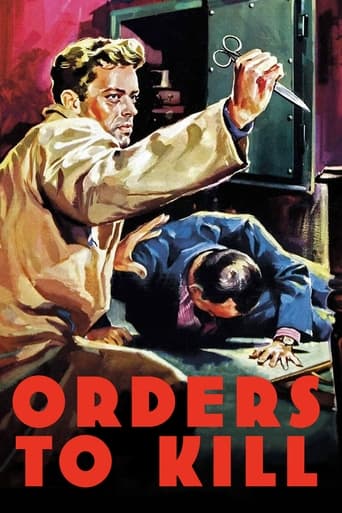




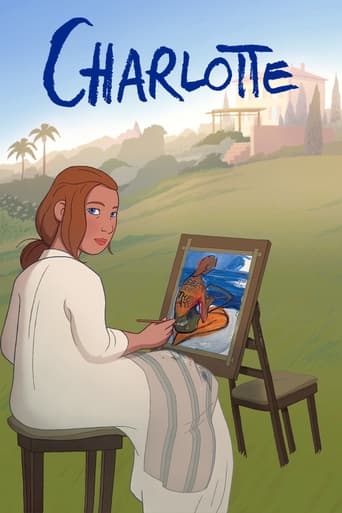

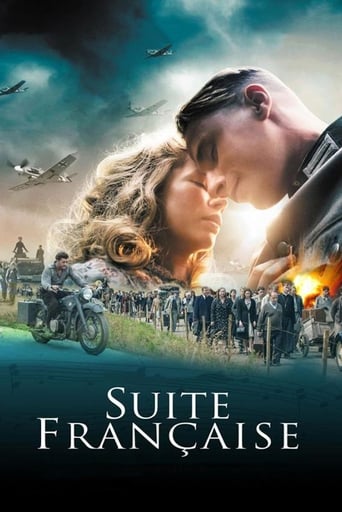

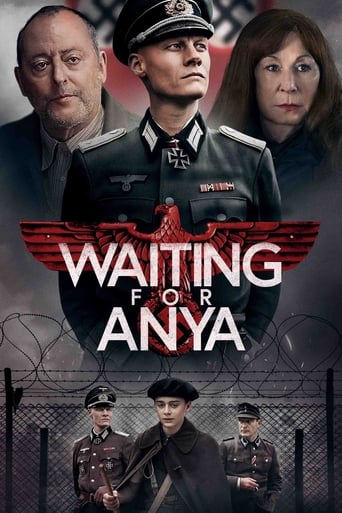


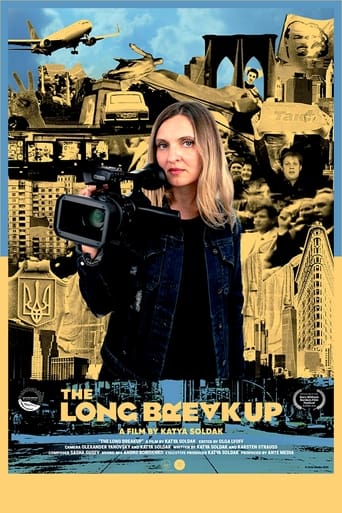






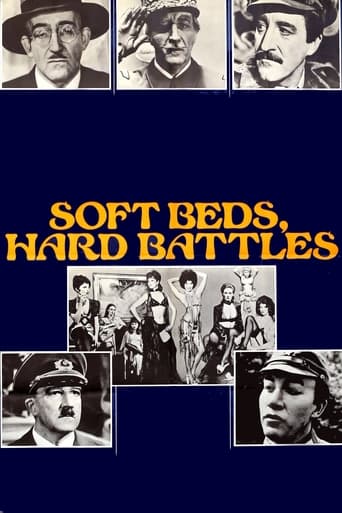











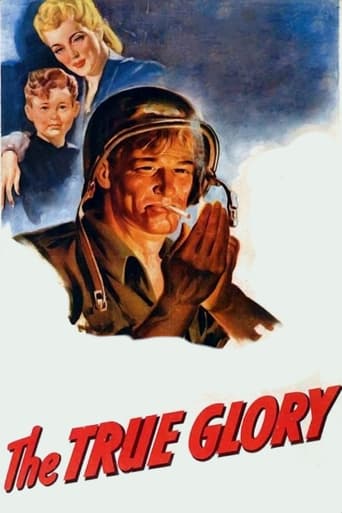

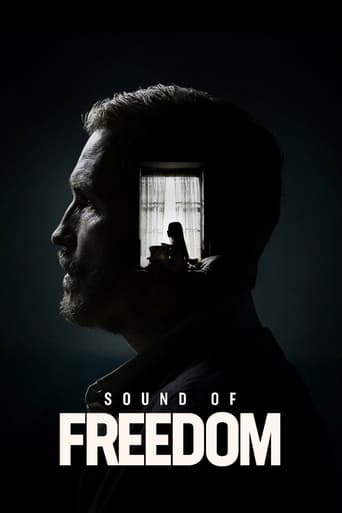
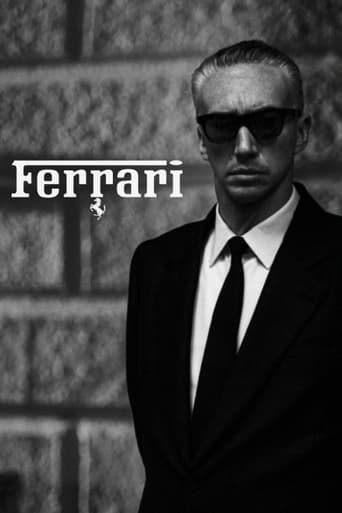
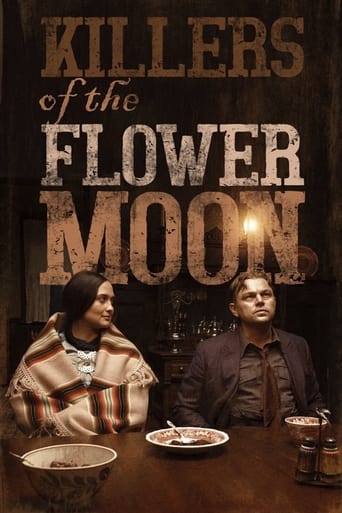
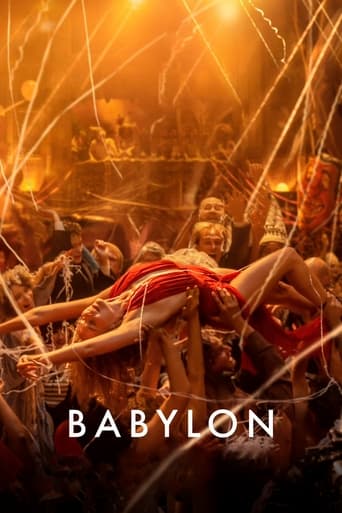

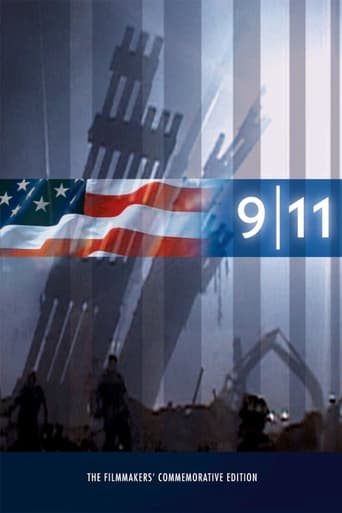

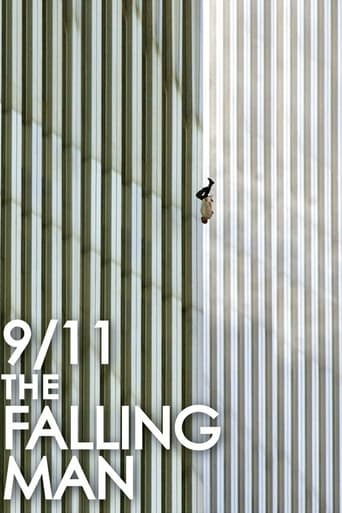
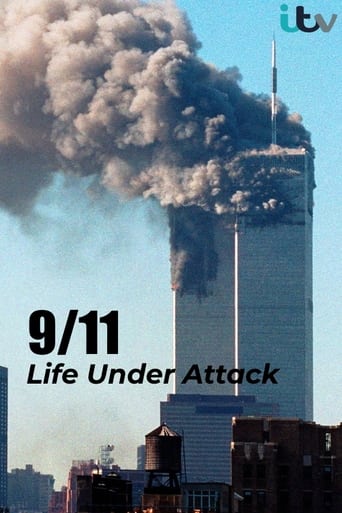
The Four Horsemen of the Apocalypse
Karl from Germany and Marcelo from France emigrated to Argentina and became brothers-in-law. Karl soon returned to Germany to serve in the army. Marcelo and his children Julio and Chichi became Argentinean citizens but later returned to Paris. Karl became a general with a son (Heinrich) in the SS and in WWII he got a high job within the occupation administration in France.